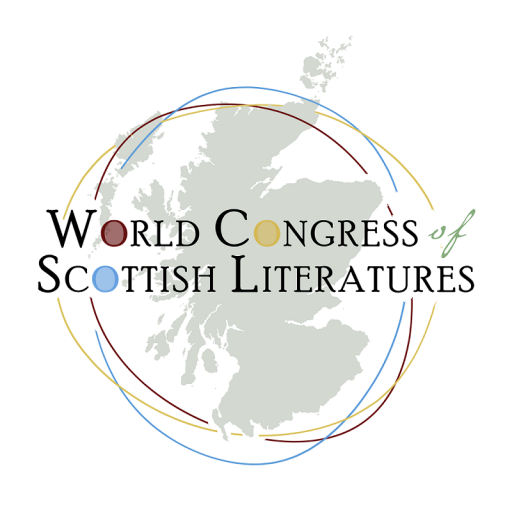Popular Scottish Magazines and Transnational Echoes of Scottishness
The People’s Friend has a significant (yet underappreciated) legacy at the cross-section of popular literature and culture in Scotland’s late-nineteenth and early-twentieth centuries. Established in Dundee in 1869 as a working-class literary miscellany, the magazine dedicated itself to the ‘contributions of the people’ and published ‘Scotch stories, poetry, and other articles written by Scotchmen’.
In large part, the Friend’s success and its continued 150 years of publication has rested on its construction of Scottish national identity and a packaged form of ‘Scottishness’ that is easily transmittable to continents with dense emigrant communities. To this day, the Friend’s largest commercial market outside the U.K. is North America and Australasia. Between 1870 and 1920, a significant number of the Friend’s most frequent contributors were Scottish emigrant poets and writers living in Canada, who published volumes of poetry and novels in both Scottish and Canadian publishing cities, and enabled the Friend’s perspective on Scottish humour, character and identity.
This paper explores the impact of these Scottish poets and writers in Canada on the portrayal of Scottish national identity in the People’s Friend. How did these transnational poets and writers represent Scotland in their contributions to the Friend? To what extent did their work, associational activities and lives reflect the Friend’s construction of ‘Scottishness’? Ultimately, this paper explores the transnational narrative of Scottish identity during a period of when such verse and prose published in magazines and periodicals was becoming the cheapest, most popular and readily accessible form of literature in the late-nineteenth century world.
Charlotte Lauder, University of Strathclyde
